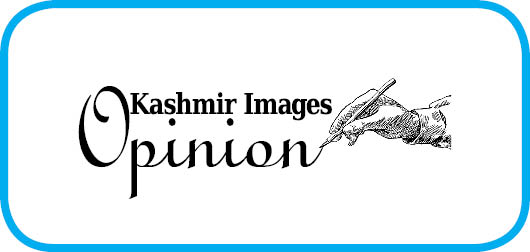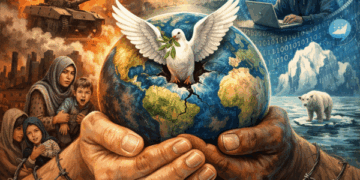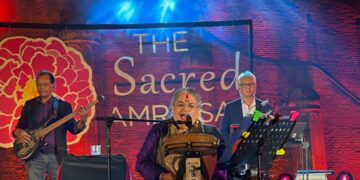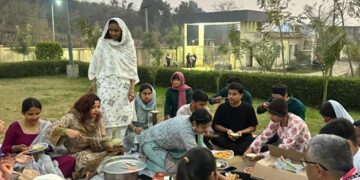By: Muzamil Arif Batt
“Humanity’s memory is short, and what is not ever-present fades quickly,” says ManishaJuthani, MD, a Yale Medicine infectious diseases specialist. The bubonic plague, for example, ravaged Europe in the Middle Ages—resurfacing again and again—but once it was under control, people started to forget about it, she says. “So, I would say one major lesson from a public health or infectious disease perspective is that it is important to remember and recognize our history. This is a period we must remember.”
The global outbreak of coronavirus disease 2019 (COVID-19) is affecting every aspect of human life and as no one predicted the outbreak, nobody was obviously prepared. The coronavirus or COVID-19, has put the entire world in a difficult position because of the apparent life-threatening danger it poses and the rate of spread and infection worldwide. Besides taking away so many lives, it has caused a variety of problems such as unemployment, disruption of businesses, change of mode of academics, physical confinements, layoffs, closure of businesses, financial troubles for small scale industries etc besides the mental issues that are on the rise due to some of the protocols that people had to follow including social distancing, work from home, no touch etc. Circumstances are worse for those who live on the margins. COVID-19 has made us understand the value of good health and the significance of the healthcare sector. While the whole world is advised to stay at home, medical staffs work day and night to treat those who are infected by the deadly virus. At a time like this, the need for centralized patient records is felt as medical staff treating COVID-19 patients finds it difficult to track some of the patients, especially when they are transferred from one medical institution to another for better observation and care.
For this to materialize, the healthcare sector must start digitalizing all their processes and records so that treatment is efficient and medical staff does not have to be burdened by tracking medical paper records. In addition to that, upgrading digital infrastructure in medical institutions would become essential once the healthcare sector goes digital. However, proper security technologies, controls and administration should be put in place to ensure a secure and robust environment for their operations and processes. Shortly after the peril of COVID-19 was unleashed, governments worldwide enforced the Movement Control Order that forced people to stay in their houses.
This in return, birthed the Work from Home (WFH) policy where employees resumed work from the comfort of their homes. While some might argue that working from home is not the best of ideas, a study proves that employees who work from home are not only more productive, which results in getting extra work done, but they also find it easier to balance the work-life equation. It is possible for an employee to spend more time on assignments because they have extra time on their hands from the lack of commuting from their workplaces. Employees can also plan their day well so that they won’t have to sit in a place to work at a time but have the option of spreading it out throughout the day, given that a task is not time-sensitive. This new way of life is so convenient where the only requirement for an employee to work is the Internet.
The crisis at hand has severely disrupted conventional teaching and learning process and affected students’ social life since all learning institutions were ordered to shut down to avoid the spread of the virus. Students, especially children who have just started schooling, temporarily lost the opportunity to increase social skills and social awareness for a pretty long period. To carry on with the teaching and learning process, institutions have instructed academicians to conduct classes virtually using online tools/services that may or may not have been tested before.
Academicians find themselves in a different teaching environment where all their students are present within a computer screen as they deliver study content via online meetings and learning platforms. Besides that, all kinds of traditional and typical assessments (tests, quizzes, practical labs, viva, exams) are no longer possible. To overcome this issue, these assessments have been replaced with online assessments to measure student performance for the time being. Not only that, grading methods, assessment rules and regulations, and overall syllabus structure are also being reviewed to ensure students are evaluated fairly given all the shortcomings.
The writer is BSc Student, Govt. Degree (PG) College Bhaderwah, Jammu& Kashmir







